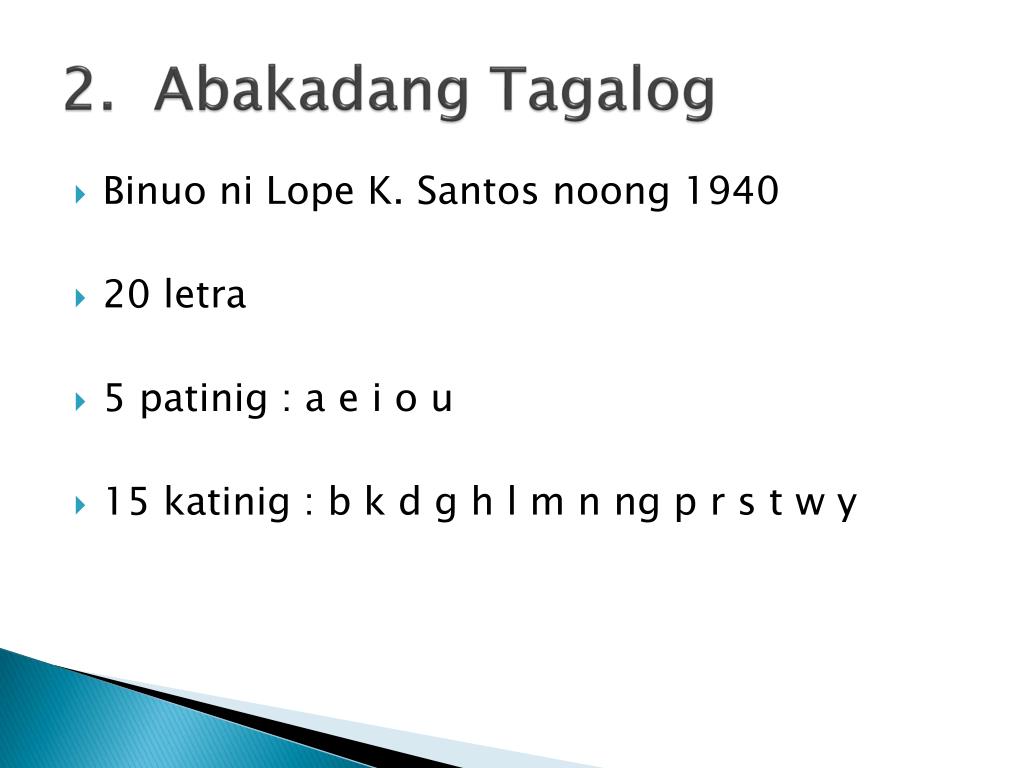

But despite having declared independence, the nationalists would have to wait another 47 years before the US administration released its grip on the islands. In the final years of the century, an armed nationalist movement with assistance from US forces removed the Spanish from power. The execution instantly became a landmark event in the Revolution that Rizal would never witness. He was to be executed by firing squad on 30 December 1896. An increasing aggravation to the authorities, Rizal was first exiled to the southern island of Mindanao and later arrested en route to Cuba, on charges of rebellion, sedition and conspiracy. Īfter practising eye surgery in Hong Kong he returned the Philippines to found La Liga Filipina in 1892, a progressive reformist movement and mutual-aid society. Rizal’s novel, and its 1891 sequel, was to incite more popular support for Filipino self-determination than any of his substantial political prose. The Spanish crown had granted a handful of Catholic orders extraordinary governance powers in the Philippines, and they exerted the full extent of their influence to protect their interests against reformists. Of the many injustices that Rizal fought, monastic corruption was his cause célèbre. It was in Germany that he completed writing Noli me tangere (Latin: ‘Touch me not’) in 1887, a Spanish-language novel that exposed and satirised the abuses of the Catholic orders in the Philippines. In the 1880s, he left for Madrid to complete a Licentiate in Medicine and then to Heidelberg to undertake a specialisation in ophthamology. As a secondary student at Ateneo de Manila he would also study Latin and Ancient Greek before pursuing law and medicine at the University of Santo Tomas, an institution that is incidentally older than Harvard. įor elites like Rizal, Spanish was the language of power and a necessary stepping-stone to other opportunities. For this reason, among others, the Spanish language was never to diffuse widely across the Filipino population in the same way that it did in Latin America. Educational reforms issuing from the motherland were ignored, resisted or poorly implemented since universal literacy and linguistic competence in Spanish threatened the mediating role of the friar orders. In the linguistically diverse Philippines it was the policy of Spanish missionaries to communicate in the language of the region in which they were stationed. In fact, it was only as late as 1863 that a royal decree mandated the establishment of a universal primary school system with Spanish as the sole medium of instruction.

Born in 1861 to wealthy Tagalog-speaking parents in Calamba, a town situated 50 kilometres south of Manila, Rizal was to be educated in Spanish-a language that less than ten percent of native Filipinos would have access to in his lifetime.


 0 kommentar(er)
0 kommentar(er)
